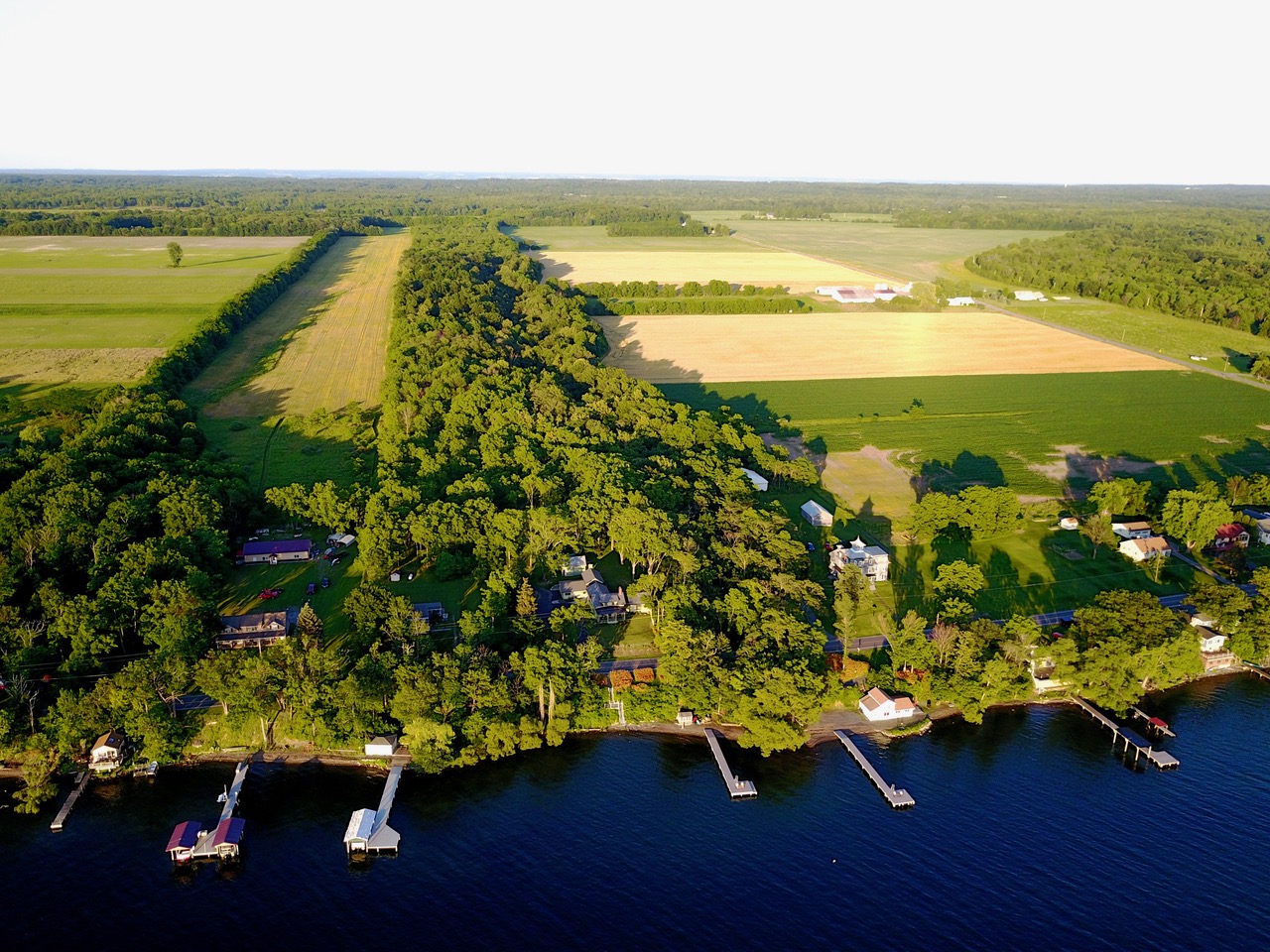Varick Planning Board
March 22, 2018
Present: Hershey Sensenig, Frankie Long, Rich Olsen, Thomas
Björkman, Linda Mastellar
Björkman, Linda Mastellar
Absent: David Kidd, one vacancy
Call to order at 7:03
Minutes approved: Moved by Sensenig, Second by Olsen. All in favor.
Linda contacted Code Enforcement Officer Tim Dorn, to ask
him to attend this meeting but did not hear back.
him to attend this meeting but did not hear back.
The ZBA was in touch regarding dock legislation progress,
introduced by Helming, but not acted on yet.
introduced by Helming, but not acted on yet.
Trash. Supervisor
Hayssen and ZBA chair Bachman asked us to revisit the trash language in our
code to see that it is as strong and restrictive as we intend.
Hayssen and ZBA chair Bachman asked us to revisit the trash language in our
code to see that it is as strong and restrictive as we intend.
To do so we need to have unambiguous definitions of trash
and things that are similar to trash so that the regulations have the
appropriate restrictions on each category.
and things that are similar to trash so that the regulations have the
appropriate restrictions on each category.
We discussed things that the language should address, and
uses the likely would be allowed, limited or prohibited.
uses the likely would be allowed, limited or prohibited.
·
We thought our language was clear that trash
cannot be stored, transloaded or disposed of in town. But some find the
provisos for used non-waste to be ambiguous.
We thought our language was clear that trash
cannot be stored, transloaded or disposed of in town. But some find the
provisos for used non-waste to be ambiguous.
·
Local ag waste as part of agricultural operation
is OK.
Local ag waste as part of agricultural operation
is OK.
·
Food-processing waste may be processed for
reuse.
Food-processing waste may be processed for
reuse.
·
The municipality should be exempt for transloading
trash on ten days a year to allow for semi-annual cleanup days at the town barn.
The municipality should be exempt for transloading
trash on ten days a year to allow for semi-annual cleanup days at the town barn.
·
Specify that restrictions applies to commercial
use.
Specify that restrictions applies to commercial
use.
·
Distinguish between accepting waste material vs
generating it. Latter is bound to happen, former is a problem.
Distinguish between accepting waste material vs
generating it. Latter is bound to happen, former is a problem.
·
Avoid having a loophole that lets someone store
waste by calling it something else, e.g recyclable or marketable.
Avoid having a loophole that lets someone store
waste by calling it something else, e.g recyclable or marketable.
·
Processing locally generated waste to make a
marketable product (and sell it). Some things ok, others not. What would be
community expectation a of e.g. a new large-scale industrial processor of ag
waste?
Processing locally generated waste to make a
marketable product (and sell it). Some things ok, others not. What would be
community expectation a of e.g. a new large-scale industrial processor of ag
waste?
·
DEC
considers composting and anaerobic digestion to be recycling (ECL27-106), but
we don’t want big facilities dedicated to those purposes.
DEC
considers composting and anaerobic digestion to be recycling (ECL27-106), but
we don’t want big facilities dedicated to those purposes.
·
Any marketable materials need to be sold
quickly, not accumulate.
Any marketable materials need to be sold
quickly, not accumulate.
We should be consistent about using the term “Garbage, trash
and refuse” and have a very specific definition.
We should define “marketable recyclable materials,” which is a term used in the
code now.
and refuse” and have a very specific definition.
We should define “marketable recyclable materials,” which is a term used in the
code now.
Definition:
Garbage, trash and
refuse.
refuse.
1.
Municipal solid waste
Municipal solid waste
2.
Industrial waste (including process water and
leachate)
Industrial waste (including process water and
leachate)
3.
Any material intended to be disposed as waste
Any material intended to be disposed as waste
4.
Any material abandoned without a clear plan for reuse
or recycling within a month.
Any material abandoned without a clear plan for reuse
or recycling within a month.
What we consider borderline areas to be resolved: Some
material that started as waste can have value recovered. Many such operations
would be undesirable, but some process may be ok (e.g. pallet remanufacturing).
Transloading of certain materials destined for recycling or reuse may be OK,
but storage and processing would not (e.g. tires). See: Materials Exchanges under
DEC rules for an example. Major criteria: toxicity, odor, risk of environmental
contamination, visual blight.
material that started as waste can have value recovered. Many such operations
would be undesirable, but some process may be ok (e.g. pallet remanufacturing).
Transloading of certain materials destined for recycling or reuse may be OK,
but storage and processing would not (e.g. tires). See: Materials Exchanges under
DEC rules for an example. Major criteria: toxicity, odor, risk of environmental
contamination, visual blight.
We will send our ideas to the Town Board by next Tuesday for
review at their April meeting. We will use their input to refine code language
at our April meeting. We’ll send the proposed language for their May meeting.
They may have a public hearing and adoption then or in June.
review at their April meeting. We will use their input to refine code language
at our April meeting. We’ll send the proposed language for their May meeting.
They may have a public hearing and adoption then or in June.
When does the code language need to be made public relative
to the public hearing?
to the public hearing?
Adjourn: Moved by Sensenig, Second by Long. Approved 5-0
8:44 pm
8:44 pm
–>

